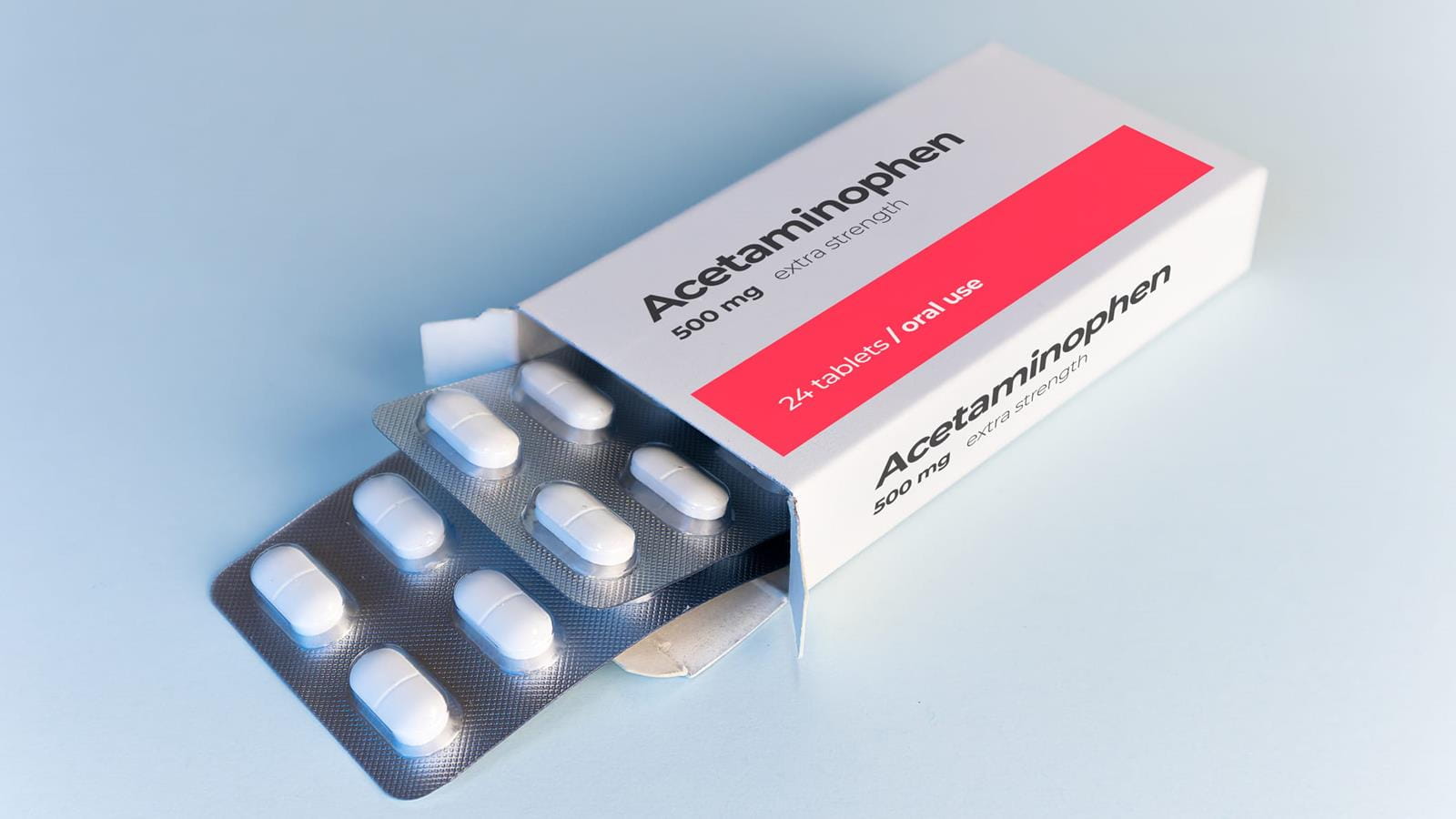
- No link between acetaminophen use during pregnancy and children's autism risk
- Drexel Recognizes Gregory E. Deavens, CPA, CGMA as Business Leader of the Year
- Through Connections and Community, Drexel Course Helps Launch Computer Lab in Tanzania
- $15 Million Gift from Howley Foundation Expands Drexel Scholarship Program for Local Graduates
Four new methods for delivering improved medication within the bodies of suffering patients are now on track to be developed for commercialization as part of a research partnership between Drexel University and The Institute for Drug Research of The Hebrew University of Jerusalem.
“We believe this research partnership to be a wonderful opportunity to further strengthen our relationships and expand our scientific partnership in funding exciting and promising new joint projects that hopefully will lead in the future to potential improved imaging and therapeutic treatments,” said Professor Simon Benita, head of the School of Pharmacy of the Faculty of Medicine, at The Hebrew University of Jerusalem.
“The converging of two bodies, such as HUJI Institute for Drug Research and Drexel University, is not only increasing our brain power, it is also encouraging diversity and creativity in our thinking,” Benita said. “Coming from different cultures, disciplines and perspectives, new ideas are inevitable and more possibilities abound. Working together will not only strengthen our collaboration but also add new dimensions to our potential.”
Multiple Sclerosis:
Research aimed at stalling the progress of Multiple Sclerosis symptoms was one of the four projects tabbed for funding. Dr. Timothy Cunningham of Drexel’s College of Medicine and Dr. Amnon Hoffman, chairman of the Division of Clinical Pharmacy at The Institute for Drug Research, are combining the strengths of similar MS research performed at both of their respective institutions in hopes of delivering an effective new treatment based on blocking the production and inhibiting the reception of enzymes that cause the disease’s debilitating symptoms.
Epilepsy:
Another research proposal that earned funding will take on the challenge of identifying the areas of the brain that are responsible for the initiation of seizures in patients with medication resistant epilepsy with the goal of improving the outcomes of surgeries. The particle-based targeting system, which would use magnetic resonance imaging to identify the epileptogenic brain tissue, could be further developed as a way to deliver drug treatments precisely to the areas of the brain that need it. Dr. Boris Polyak of Drexel’s College of Medicine, Dr. Sara Eyal of The Institute for Drug Research and Dr. Dana Ekshtein of the Department of Neurology at Hadassah Medical Center are the lead researchers of the project.
Asthma:
Dr. Francesca Levi-Schaffer, a professor at The Institute for Drug Research, and Dr. Uri Hershberg, an assistant professor in Drexel’s School of Biomedical Engineering, Science and Health Systems are primary investigators on a project that will seek to develop a new diagnostic kit for the different types of asthma and also to treat asthma by blocking antibodies to a novel discovered receptor, CD48, related to this disease.
Skin Cancer:
A fourth project to receive research funding will look at new ways to prevent ultraviolet radiation-related skin cancer by studying the cellular stress responses engaged in response to UV irradiations and how it differs in young people and adults. It will also strive to develop a drug that will modulate the response, as a means of preventing skin cancer. Dr. Andres Kriete, a professor in Drexel’s School of Biomedical Engineering is a primary investigator for this research as well as Dr. Boaz Tirosh of The Institute for Drug Research.
One collaborative project, that received funding in the initial 2011 selection process, has earned a second year of support. The goal for Drexel researchers Dr. Peter Lewin, Dr. Steven Wrenn and The Institute for Drug Research’s Dr. Philip Lazarovici is to create a non-invasive method of transdermal delivering and monitoring the efficacy of arthritis medication to the body using a wearable, ultrasound patch.
The bi-national translational research partnership between Drexel University and the Hebrew University Institute for Drug Research is in its second year of existence. The agreement on behalf of the Institute was made through Yissum, the technology transfer company of the Hebrew University. The program is designed to fund promising research that can lead to creating improved new and healthcare products, with the goal of having teams apply for follow-on funding through Drexel’s Coulter Translational Research Partnership program endowment, a dedicated translational research program fund, or other sources of translational research funding.
“This is a natural partnership,” said Dr. Banu Onaral, director of Drexel’s School of Biomedical Engineering, Science and Health Systems. “Drexel and The Institute for Drug Research have complementary strengths and together we can push forward more live-saving technological innovations in health care than either one of us could have accomplished alone.”
Drexel News is produced by
University Marketing and Communications.